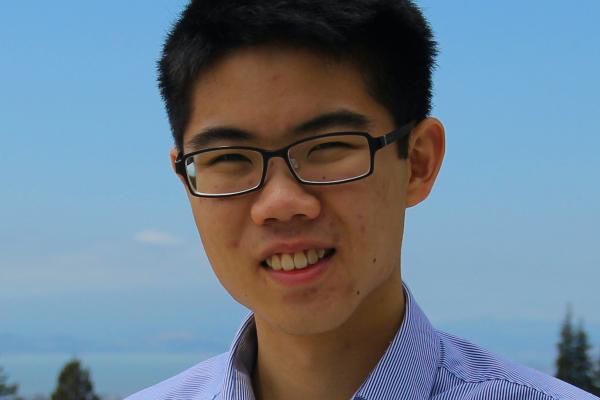Sculpting quantum many-body states and quantum error correcting codes with measurements
Christina Zhou (headasst@phas.ubc.ca)
Zoom info:
Meeting URL: https://ubc.zoom.us/j/61716486360?pwd=V3VPdVEweDkrM2JpMi9JR29vMlAxdz09
- Meeting ID: 617 1648 6360
- Passcode: 358956
Abstract:
Quantum mechanics exhibits a stark dichotomy between unitary time-evolution and measurement. These aspects are further contrasted by the fact that traditional many-body quantum theory is developed solely based on unitary aspects. In this talk, I will explore two fruitful synergies that emerge from the interplay between many-body quantum physics and the non-equilibrium quantum dynamics that arises from measurements. First, I will show how measurements can be used to circumvent fundamental constraints imposed by unitary dynamics and efficiently prepare a large class of topological phases of matter. In addition to discovering a new hierarchy of many-body quantum states unseen in the unitary setup and a surprising connection to the unsolvability of the quintic polynomial, our studies also yield practical protocols for quantum processors that led to the first unambiguous observation of non-Abelian anyons. Second, I will show how insights from topological phases of matter can in turn contribute to a physical understanding of the newly introduced "Floquet" quantum error correcting codes, featuring a schedule of anticommuting measurements. I will demonstrate that periodicity in time is in fact not required, unlocking a more general construction of "dynamic codes" that are capable of not just error correction, but also fault-tolerant quantum computation.
Bio:

Nat Tantivasadakarn obtained his undergraduate degree from UC Berkeley, his Master's from the Perimeter Institute for Theoretical Physics and his Ph.D. from Harvard University. He is currently a Burke postdoctoral fellow at Caltech. His research interests explore the interplay between topological phases of matter, quantum error correction and computation, non-equilibrium quantum dynamics and generalized symmetries.